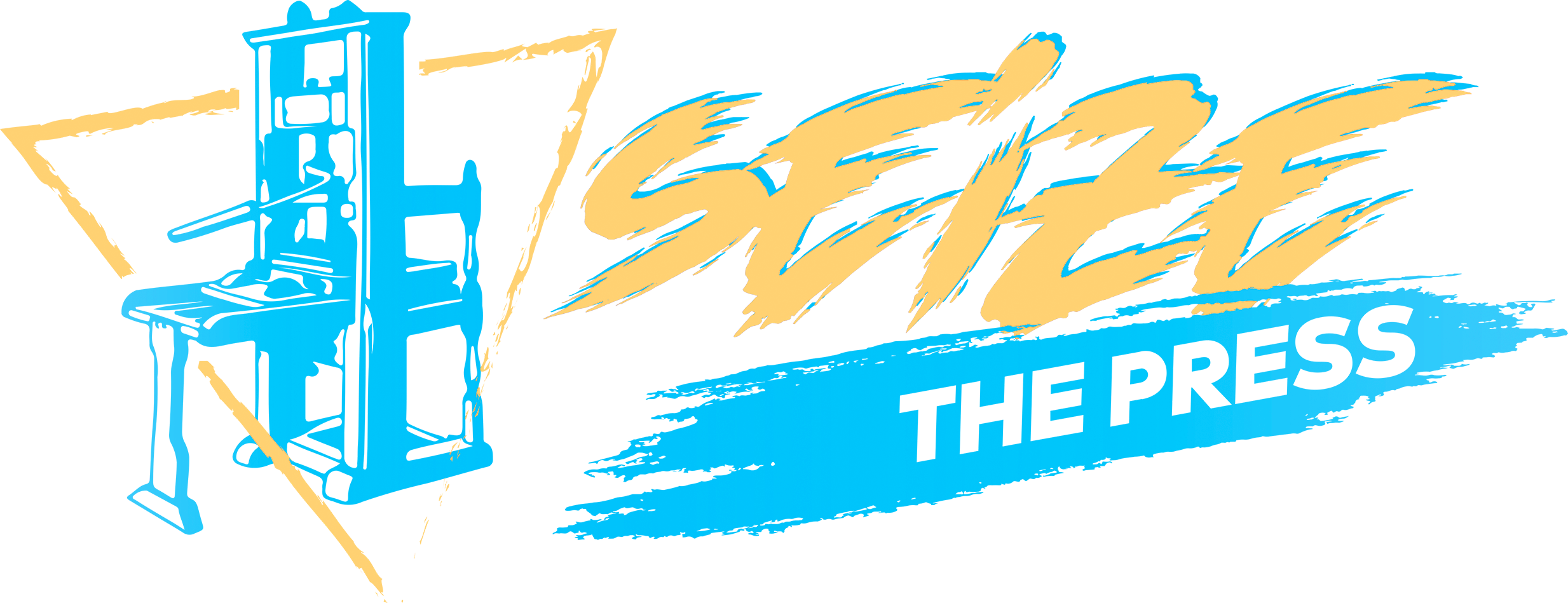The morning after the ritual, the horse-girls wake to the sting of the straw that prods the fresh seams of their new bodies. They wince and twist to get away from the crude stalks stabbing at their tender guts, but this only brings new and more unpleasant sensations. The stitches that join their flesh together with the flesh of another—a confidante, a friend—tug against their tender skin and hold it in place.
Hold them in place.
However much the horse-girls might struggle, roughage will find its way inside them soon enough; “appetite changes” topped the list of side-effects they could expect. None of them had to ask what that meant. They signed anyway, piercing the pads of their ungloved thumbs with long, silver needles to press bloody prints onto parchment and seal their own fates. This ritual is one of fate, not choice.
Morning light filters into the domed chamber through a dozen diamond-shaped windows that look out onto blue skies. Motes of dust sparkle in the crisscrossed rays. Snorts and moans bounce off the gold wainscoting on the cream-colored walls, and eleven of the figures on the floor begin to stir.
They grunt and gyre in the straw. None dares to touch her stitched-up places. Some do worse. The red-headed bay whose hair curls like flames heaves with big, pitiful sobs. She has never been able to handle pain, not even so much as a scraped knee. All she wants is to lie still, but her legs burn and twitch and jump as unscratchable itches wriggle somewhere deep inside the bulk of her new body. She starts at every involuntary whish of her tail, each unbidden flick and whirl a reminder of just how unfamiliar her body has become.
The blonde dun begins to wail. She stares at the body next to her. The perlino lies dead in the straw, her long black hair snaking over her torso like a burial shroud. The stitching has come loose at the belly, seeping dark blood and light viscera into the bedding below.
The dun’s howls echo around the chamber. One by one, her sisters begin to cry with her. Some manage to sit upright, while others languish in the warm straw, still trying to find their bearings in these foreign bodies.
Those who can—the sorrel with the short natural, the strawberry-blonde cremello, and the palomino with no hair at all, not even eyelashes, on her upper body—walk over to the dun. Unsteady on their fragile, finger-like legs, they surround the perlino’s corpse, cry over the oozing mass of stitched-up flesh, mourn the loss of a sister they never had the chance to know.
Necessity cuts short their dirge. The body must be removed, the straw changed, the chamber cleansed. Their nurses escort them out to the paddock so they do not have to watch the tough, iron-armed men come to drag the black-haired woman’s disjointed corpse from the room. They do not see the one whose heretic religion fills him with contempt for them, who handles her body without courtesy or care, who yanks at her torso for purchase until the stitches rip open between his stumpy fingers. They are not there when her intestines spill onto the floor, disappear under a boot, tear against the hard stone, fill the chamber with the smell of shit and death.
Out in the paddock, the sun is bright and warm on their skin, the breeze cool in their hair—so much more hair than before—and they forget their sorrows over the fallen horse-girl and revel in each other’s company.
They must become one with their new bodies or perish, in the end. Dapplings and roanings crawl up the smooth flesh, transforming it. The piebald’s bronze arms have already begun to lighten around the shoulders. Beside her, darkening patches rise up from the black paint’s hips to twist around her chubby, sallow stomach. Short, thick hairs protrude splinterlike from necks, shoulders, and backs—the beginnings of the manes they will braid in coded messages that mark their positions in the First King’s court.
Transformation is the price and salvation the reward. Everything else lies in-between.
***
There are always twelve, in the beginning. There are never twelve by the end.
The gray and the roan die of infections. Later, when the appaloosa breaks her leg trying to leap over the paddock gate, the nurses will come with knives to end her misery forever. Those who remain cry, not out of grief, but because they could be next.
At night, they sing songs praising Ixion, the First King, who died so that horsekind could rule Erland. Some remember the prayers they learned in their fathers’ houses—hymns and mantras to Ixion and his queen, Nephele of the Cloud Nymphs. Their songs heap praise upon Nephele’s daughter, Hylonome, their foremother, who won the First King’s throne for him. The scriptures say she sprang forth with her sisters, fully armed and fully formed, from the place where their mother’s tears struck the battlefield on which Ixion died. They look at the statues carved in her honor and marvel at her excellence—the perfect union of strength and beauty, grace and ferocity, horsekind and humanity.
The horse-girls marry Hylonome’s nephews, those brawny stallion princes who looked like the First King and governed his nation. So it has always been. When the stallions come to call, the nurses drape layers upon layers of fine, black lace over the horse-girls’ heads, shrouding them from view. Nervous hooves are all the brides-to-be can see of their princes, and none of them will come away impressed. How can they, when none of the stallions has inherited the First King’s golden hooves?
But the wedding will go on as planned—one wedding for one sisterhood. After the ceremony, the new couples race across Erland to the fine houses that await them in the countryside. Some of the horse-girls beat their pampered princes, and most of those who do suffer for it. Of the eight who survived the chamber, only two—the sorrel and the bay—will find that they love their husbands in a year’s time.
Of the other six, one—the sooty black whose pale blonde fringe never darkened enough to match her lower body—takes up arms against her husband. Her tower window shatters, just before her heavy body crashes against the pavement below. Inside, her husband lies dead on the stone floor—body flayed by her barbed whips, head smoking in the fireplace as the embers burn away his fine, black hair. Only when the servants drag her corpse to the pit of her unmarked grave do they discover the prince’s ears, torn off in her bloody mouth.
Two more—the dun and the cremello—eat the bright pink oleander that grows along the river valleys. The dun wades into the river, lets it ferry her body far away. Her mane of red curls streams down the river behind her like a war banner as she fights to stay afloat. But the current is too quick, too strong, and she takes her final, labored breaths with her knees dragging along the riverbed.
The cremello decides to die as she lived—under Erland’s bright sun. As she kicks and fights for breath in the rocky valley, the taste of the oleander on her tongue is less bitter than the years of her life spent on hooves.
The rest live—happily, unhappily, or somewhere in the middle—to bear their princes’ foals. Their unions produce only sons—stallions fated to marry horse-girls of their mothers’ choosing when they came of age. The horse-girls will select their sons’ future wives from the houses of Erland’s human lords, descendants of those who swore fealty to the undying throne centuries before.
Years pass in this way. To become a horse-girl is to forget, to forfeit humanity for something greater than yourself. The next time the horse-girls set hoof in that cream-and-gold chamber with the diamond-shaped windows, they no longer remember what it was like to race over hill and under dale on the backs of their headstrong steeds. They survey the ranks of beautiful young women and their stout fillies but feel no kinship with them. The horse-girls cannot recall the bonding prayers they once chanted each night as they brushed down their mounts, nor what it was like to whisper their secrets into those long, open ears.
But those prayers lie fresh on the tongues of the human lords’ daughters, each one intimately familiar with the tickle of a filly’s ear against her lips and cheeks. Erland’s finest young women grow up knowing that one day they will be joined together with the horses they love, but none can comprehend the gravity of such a thing until it comes to pass.
The next morning, the twelve chosen daughters awaken to their new fate as horse-girls. Within a year, they do not remember their old lives at all. With thick, full manes and muscles wrapped in cords of sinew, they prepare to marry the greatest princes in all Erland.
On her wedding night, as a stallion prince mounts her for the first time, no horse-girl can remember how it felt to stand on her old legs. She has forgotten the place in between, where her human husband might have entered her, had she not been chosen, fated, destined to transcend. Nor can she recall the pleasure derived from touching that place on cool summer nights when the smell of the rolling meadows came strong through the window.
For her, there is only the duty and pride of being one of Ixion’s daughters—her honor and a faded scar, which she will never remember getting.
And so it has been.
And so it will be.

Kristian Wilson Colyard
Kristian Wilson Colyard (she/they) grew up weird in a one-caution-light town in the Appalachian foothills. She now lives in an old textile city with her husband and their clowder of cats. Her fiction has appeared in Clarkesworld and Diabolical Plots. She’s on Twitter @kristianwriting, and you can find more of her work online at kristianwriting.com.
